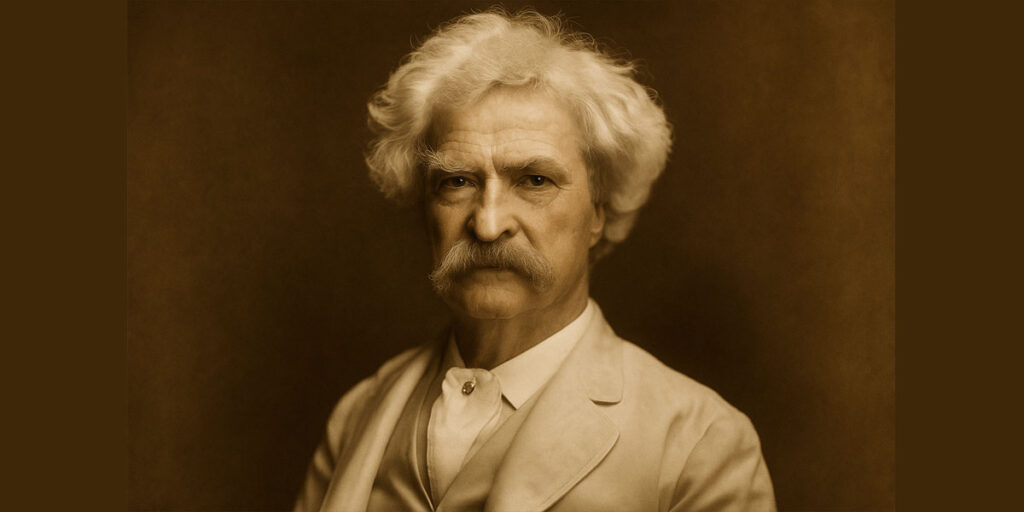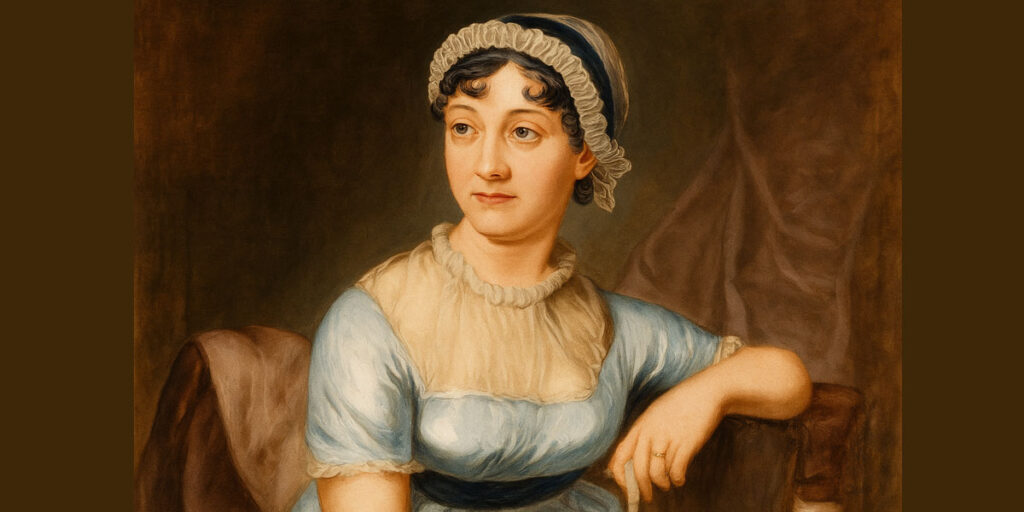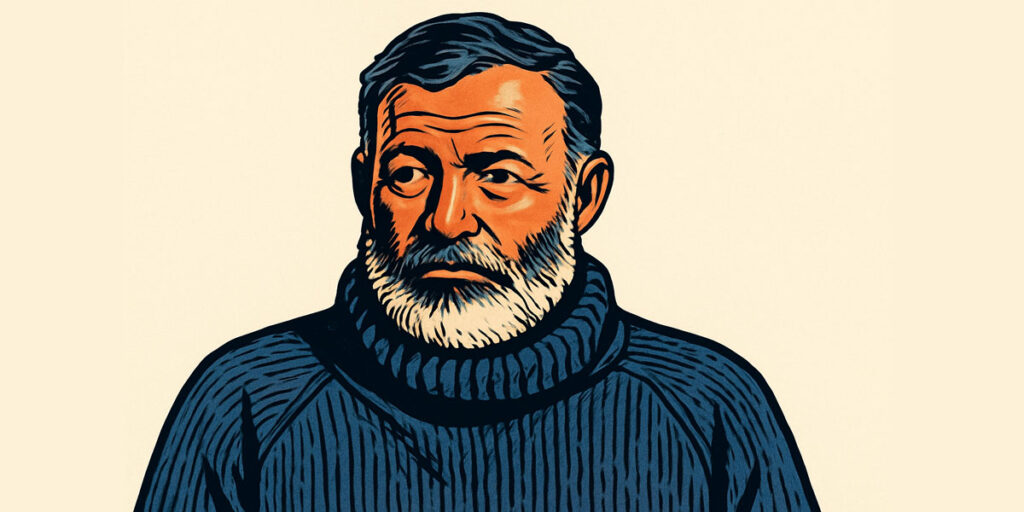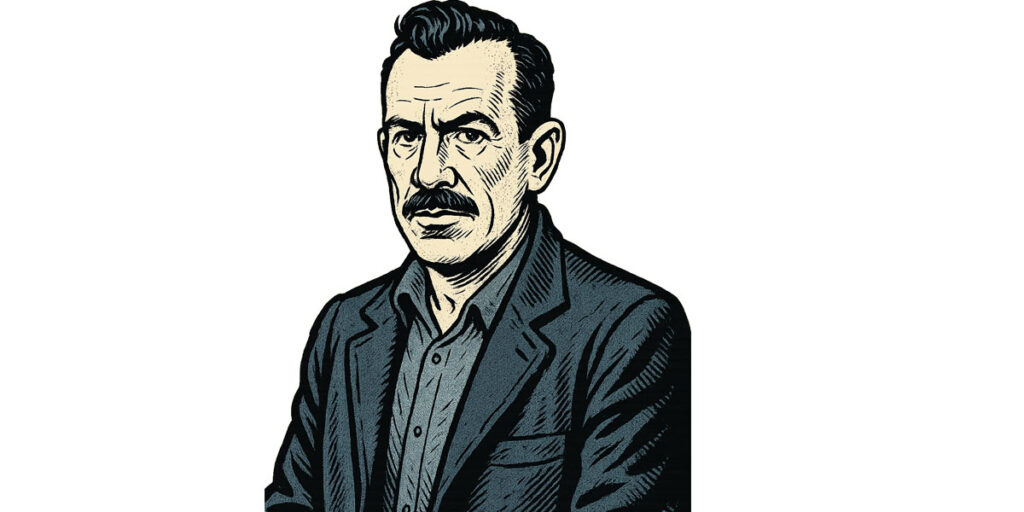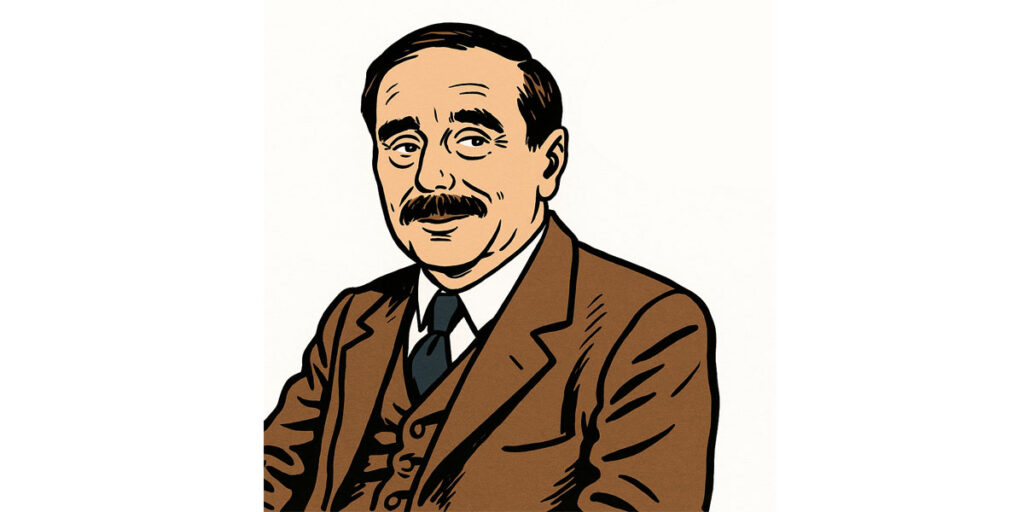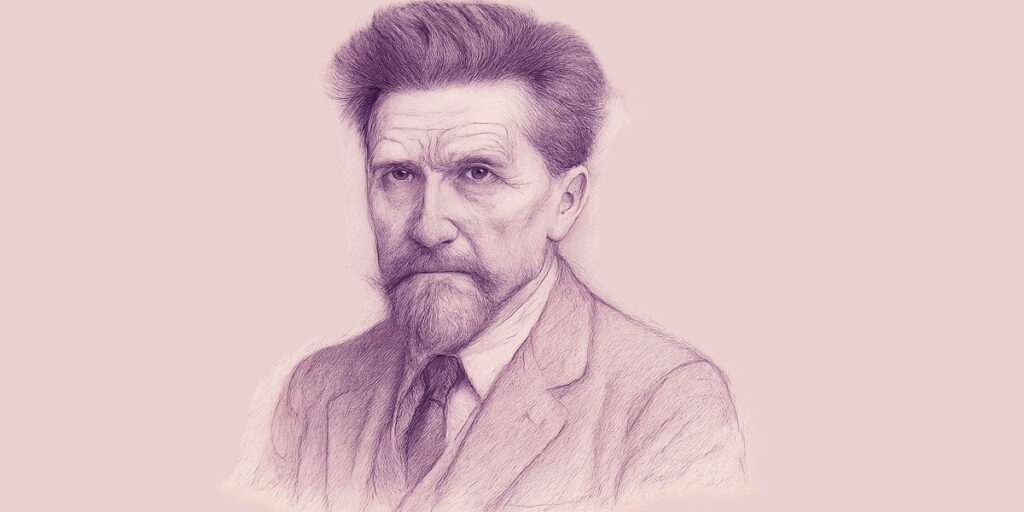Mark Twain: The Voice of American Wit and Wisdom
In the rolling hills of Florida, Missouri, on a chilly autumn morning in 1835, a boy named Samuel Langhorne Clemens was born. The world, however, would come to know him not by this name, but by the pen name he adopted later in life: Mark Twain. He would become not only one of America’s greatest humorists but also one of its most profound commentators on the human condition. Through his storytelling, satire, and social criticism, Twain captured the American spirit like no other writer of his time.
The Mississippi Boy: Roots and Influences
Twain grew up in the small river town of Hannibal, Missouri—a place that would later become immortalized in his works as the fictional town of St. Petersburg. Hannibal was a bustling port on the Mississippi River, filled with steamboats, travelers, gamblers, and adventures—everything a curious, adventurous young boy could wish for. The river shaped his soul and storytelling. He later said, “When I was a boy, there was but one permanent ambition among my comrades… that was, to be a steamboatman.”
It was this setting and these memories that inspired two of his most iconic characters—Tom Sawyer and Huckleberry Finn. Twain’s upbringing amid slavery, poverty, and the raw vitality of frontier life deeply influenced his perspective and themes. He observed the contradictions of society early: the charm and warmth of small-town life on one hand, and the injustice and cruelty of slavery on the other.
The Adventurer and Humorist
Twain worked as a typesetter, riverboat pilot, miner, and journalist before gaining fame. He traveled widely—out west to Nevada and California, and across the Atlantic to Europe and the Holy Land. These journeys filled his notebooks with ideas and gave birth to his unique travel writings. Books like “The Innocents Abroad” (1869) and “Roughing It” (1872) blended journalism with humor, observation, and social commentary. These weren’t just travel guides—they were portraits of people, prejudices, and absurdities, drawn with Twain’s razor-sharp wit.
But it was “The Adventures of Tom Sawyer” (1876) that catapulted him into literary fame. A semi-autobiographical tale of boyhood, mischief, and growing up, it was followed by “The Adventures of Huckleberry Finn” (1885)—a book that many critics regard as the first truly American novel. It tackled race, freedom, and morality with both humor and heart, using the voice of a young boy to reveal the hypocrisy of adult society. Ernest Hemingway would later say, “All modern American literature comes from one book by Mark Twain called Huckleberry Finn.”
Legacy of Language and Morals
What makes Twain truly timeless is not just his humor but his courage to tell the truth—often disguised in laughter. He mocked pretension, skewered politicians, and challenged societal norms, all while entertaining readers. His style was simple, direct, and conversational. Twain believed that “the difference between the right word and the almost right word is the difference between lightning and a lightning bug.”
His later years were marked by tragedy and financial struggles, but he continued to write. Works like “A Connecticut Yankee in King Arthur’s Court” (1889) explored themes of technology versus tradition. His bitter satire “The Mysterious Stranger” (published posthumously) revealed a darker view of mankind and morality.
The End and the Echo
Mark Twain died in 1910, the day after Halley’s Comet passed Earth—just as he had predicted. His death marked the end of an era, but not of his voice. His words continue to resonate in classrooms, libraries, and hearts around the world. Twain didn’t just write American stories—he helped shape the American identity. He showed that literature could be both entertaining and transformative.
Through a riverboy’s eyes, a runaway slave’s journey, and a satirist’s pen, Mark Twain taught generations to look at the world with a skeptical eye and a compassionate heart. His humor endures, not because it is light, but because it is true. And that is why Mark Twain will never fade.
| Year | Title | Type | Significance |
|---|---|---|---|
| 1865 | “The Celebrated Jumping Frog of Calaveras County” | Short Story | Twain’s first big success as a humorist; brought him national fame. |
| 1869 | “The Innocents Abroad” | Travel Book | A satirical travelogue of Twain’s trip to Europe and the Holy Land. Sharp, funny, and critical of American and European pretensions. |
| 1872 | “Roughing It” | Memoir / Travel | Chronicles Twain’s adventures in the Wild West during his time as a miner, reporter, and wanderer. |
| 1873 | “The Gilded Age: A Tale of Today” (co-written with Charles Dudley Warner) | Novel | A biting satire of greed and political corruption during the post–Civil War era. Coined the term “Gilded Age.” |
| 1876 | “The Adventures of Tom Sawyer” | Novel | Based on Twain’s own childhood in Hannibal, Missouri. A nostalgic but sharp tale of youth, mischief, and small-town life. |
| 1880 | “A Tramp Abroad” | Travel Book | Satirical account of Twain’s European travels, especially in Germany and Switzerland. |
| 1883 | “Life on the Mississippi” | Memoir | A blend of autobiography and history about Twain’s time as a riverboat pilot and the changing Mississippi River culture. |
| 1885 | “The Adventures of Huckleberry Finn” | Novel | Often considered the Great American Novel. A profound exploration of race, freedom, and conscience through a young boy’s journey with a runaway slave. |
| 1889 | “A Connecticut Yankee in King Arthur’s Court” | Novel / Satire | A time-travel story that criticizes romanticized history and satirizes the clash between modern industry and medieval superstition. |
| 1894 | “The Tragedy of Pudd’nhead Wilson” | Novel | A story about mistaken identity, slavery, and racial injustice with themes of fate and irony. |
| 1896 | “Personal Recollections of Joan of Arc” | Historical Novel | Twain’s most unusual and serious work; he regarded it as his best, though it received mixed reviews. |
| 1900 | “The Man That Corrupted Hadleyburg” | Short Story | A satire of small-town hypocrisy and the fragility of moral reputation. |
| 1907 | “Christian Science” | Essay | A critical and satirical essay on the Christian Science movement. |
| 1916 (posthumous) | “The Mysterious Stranger” | Novel | A dark, philosophical tale questioning morality, free will, and human nature. Twain worked on it for years; published after his death. |
